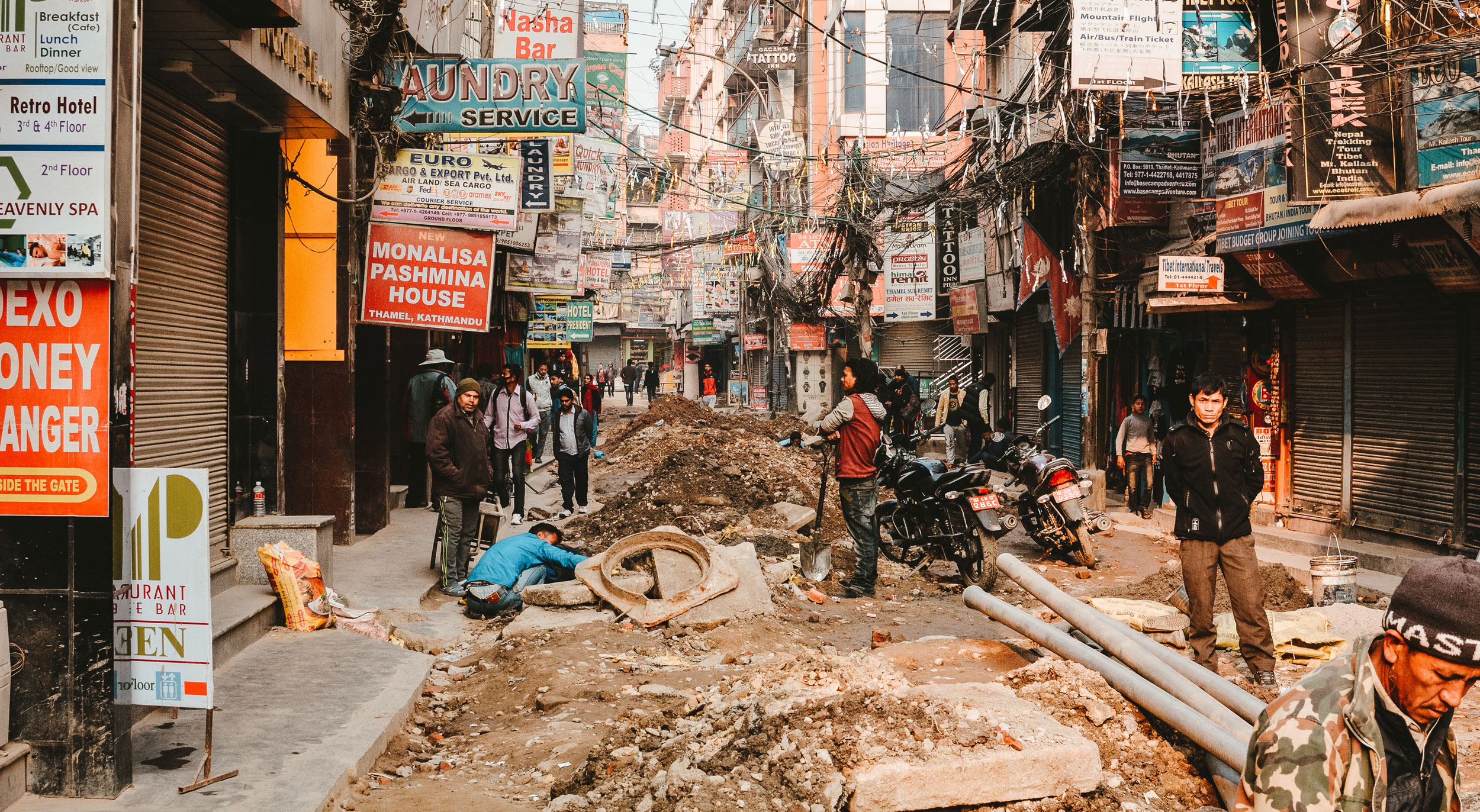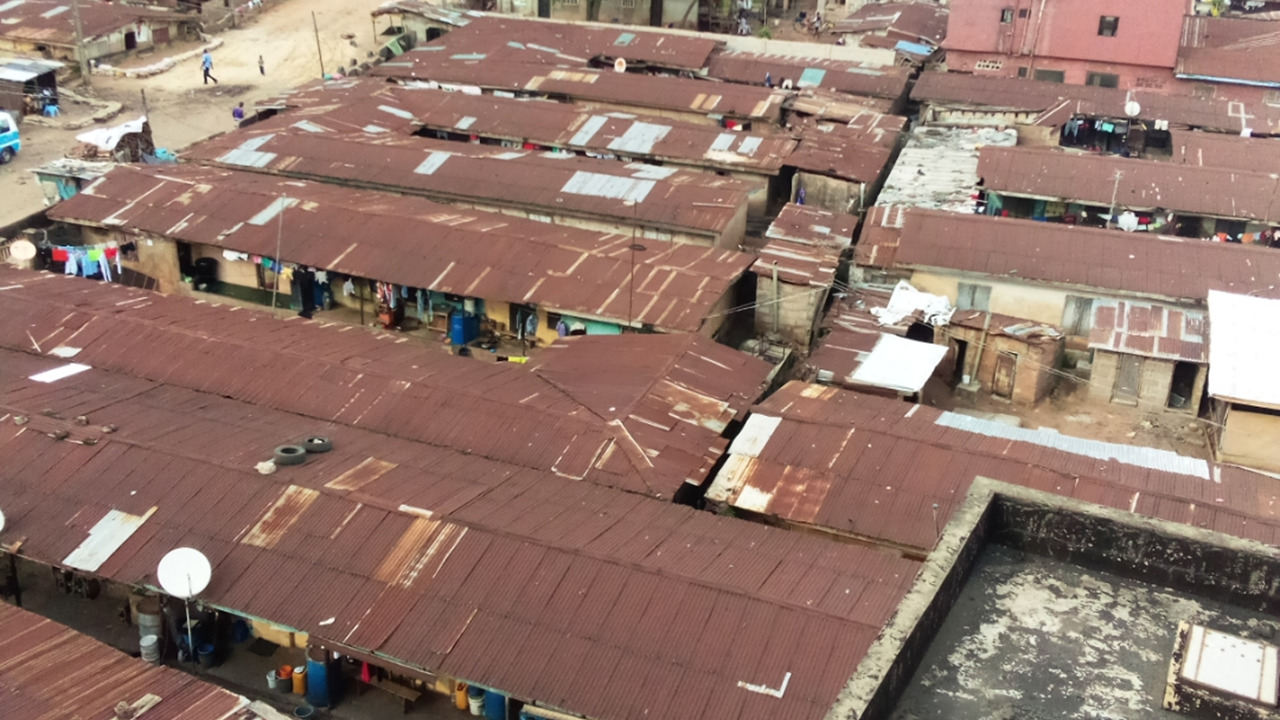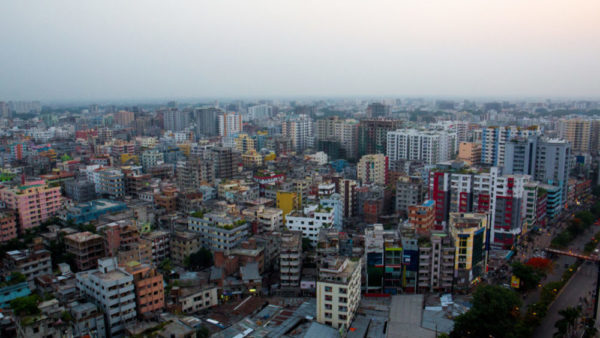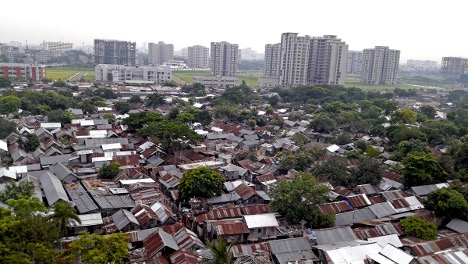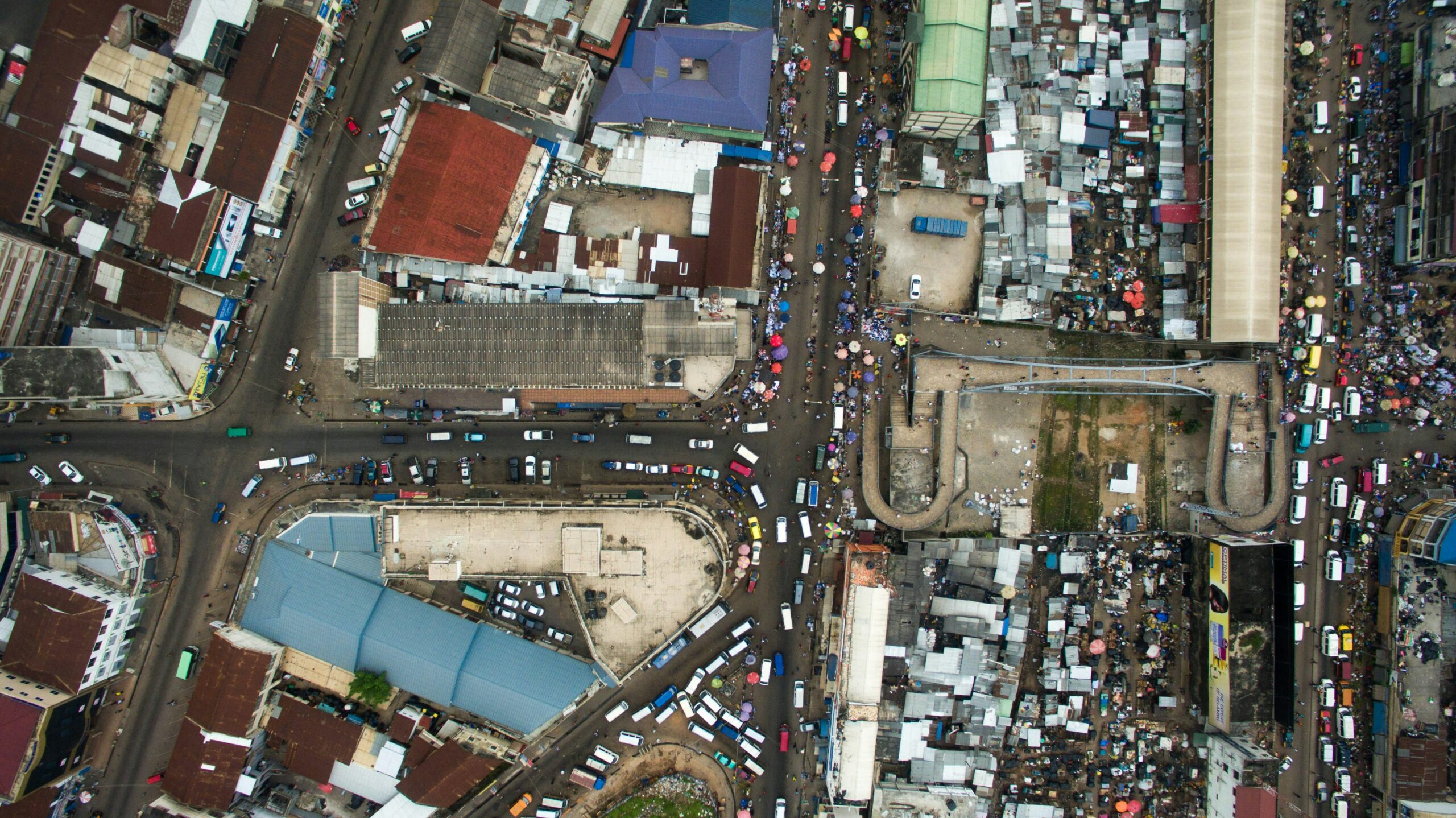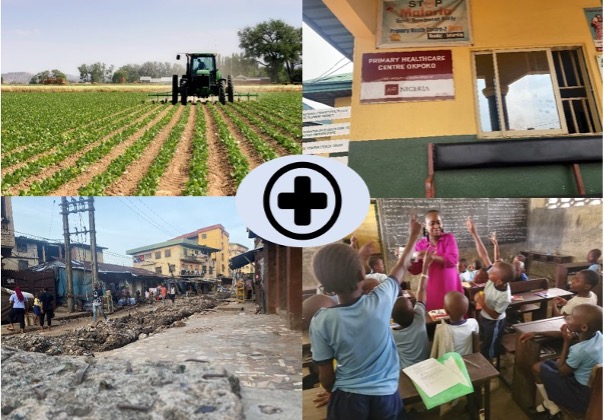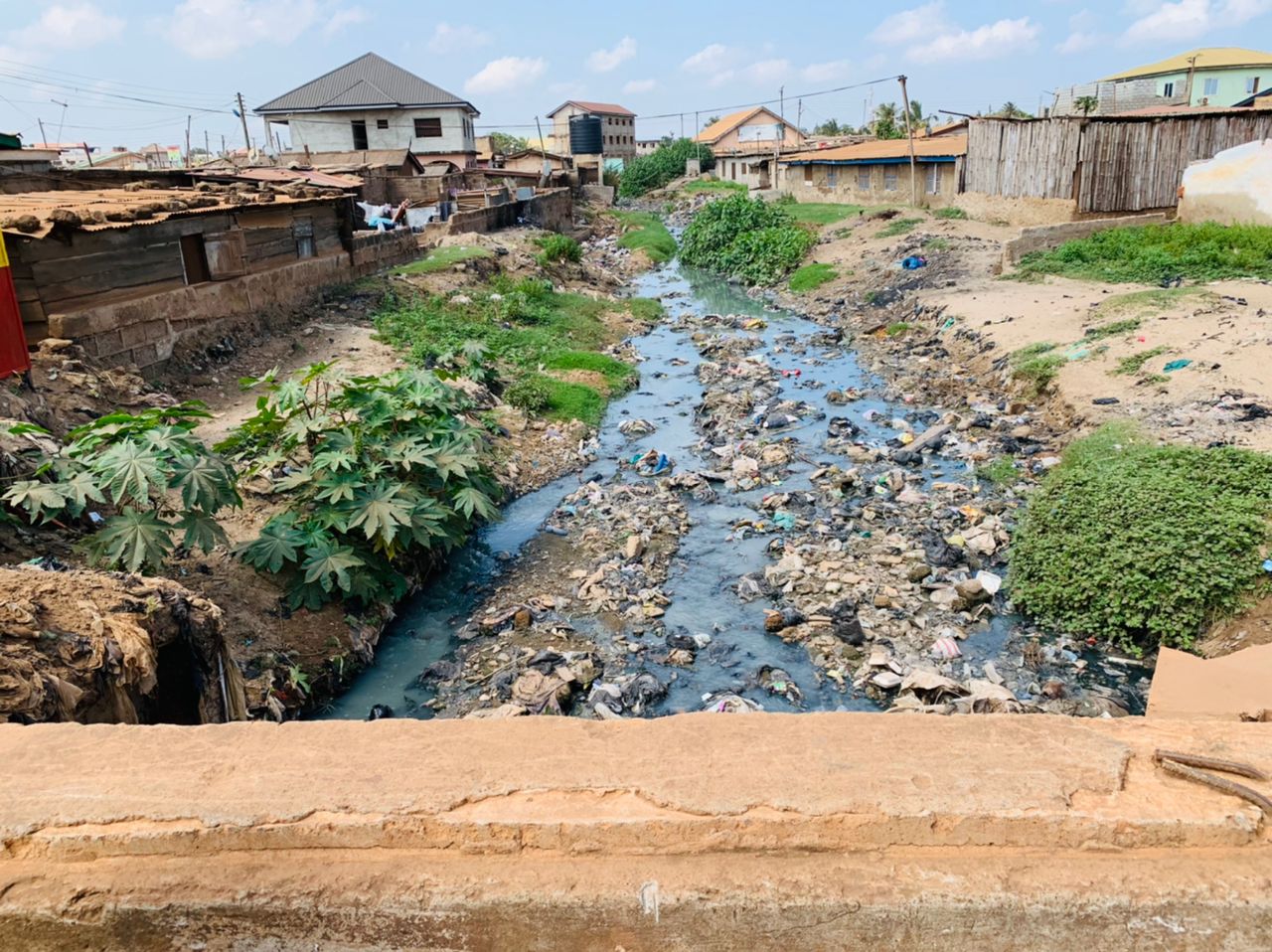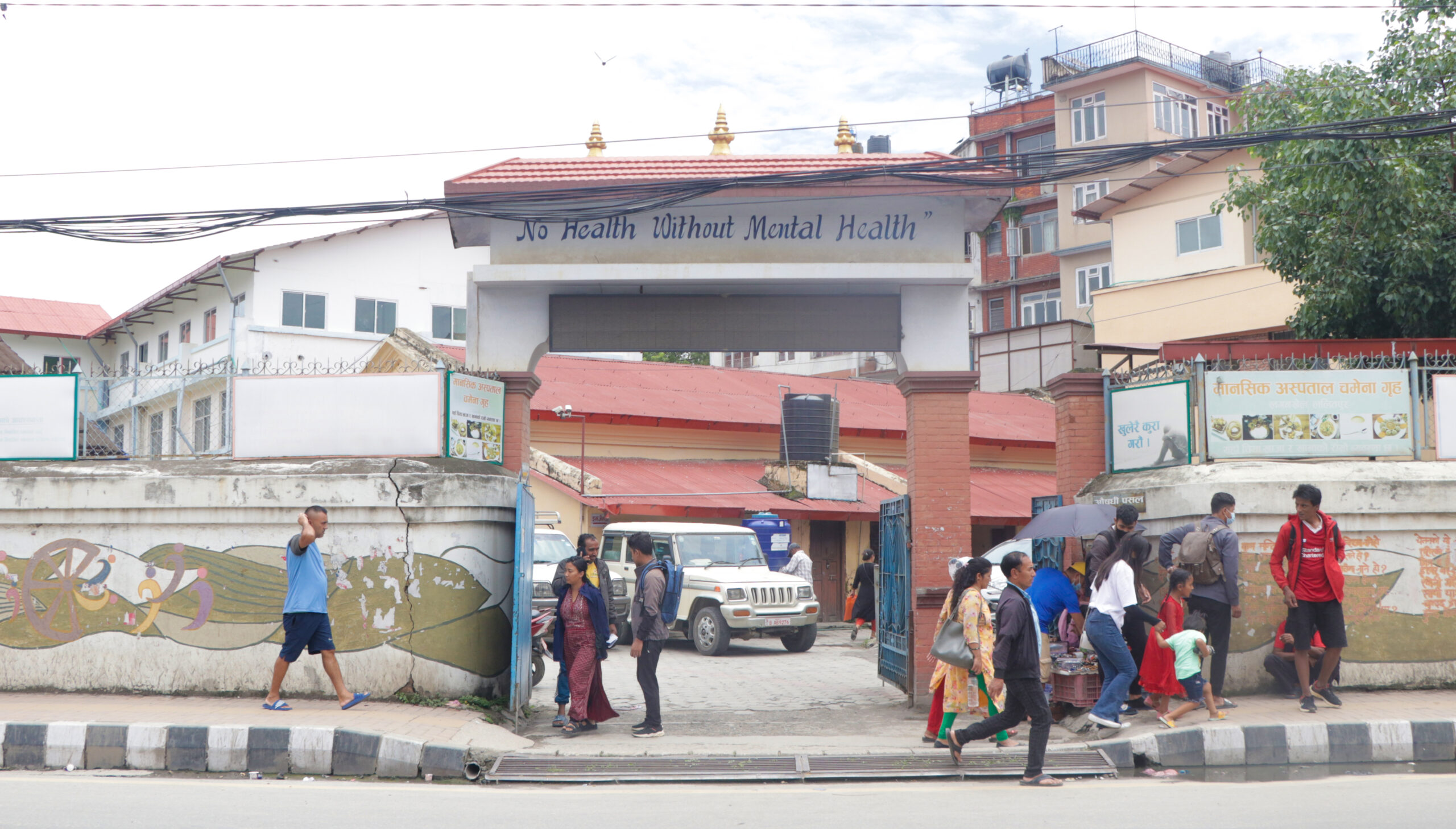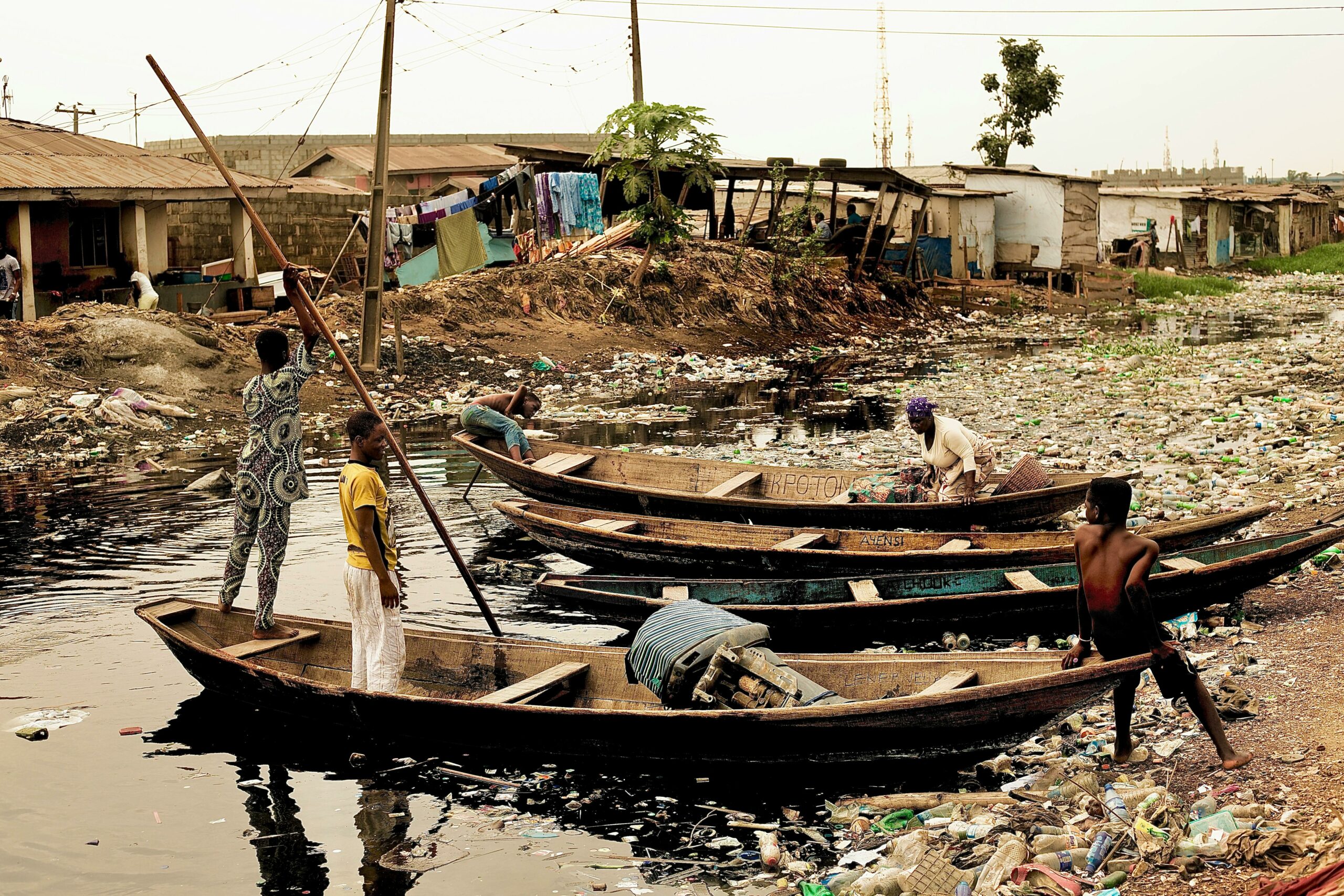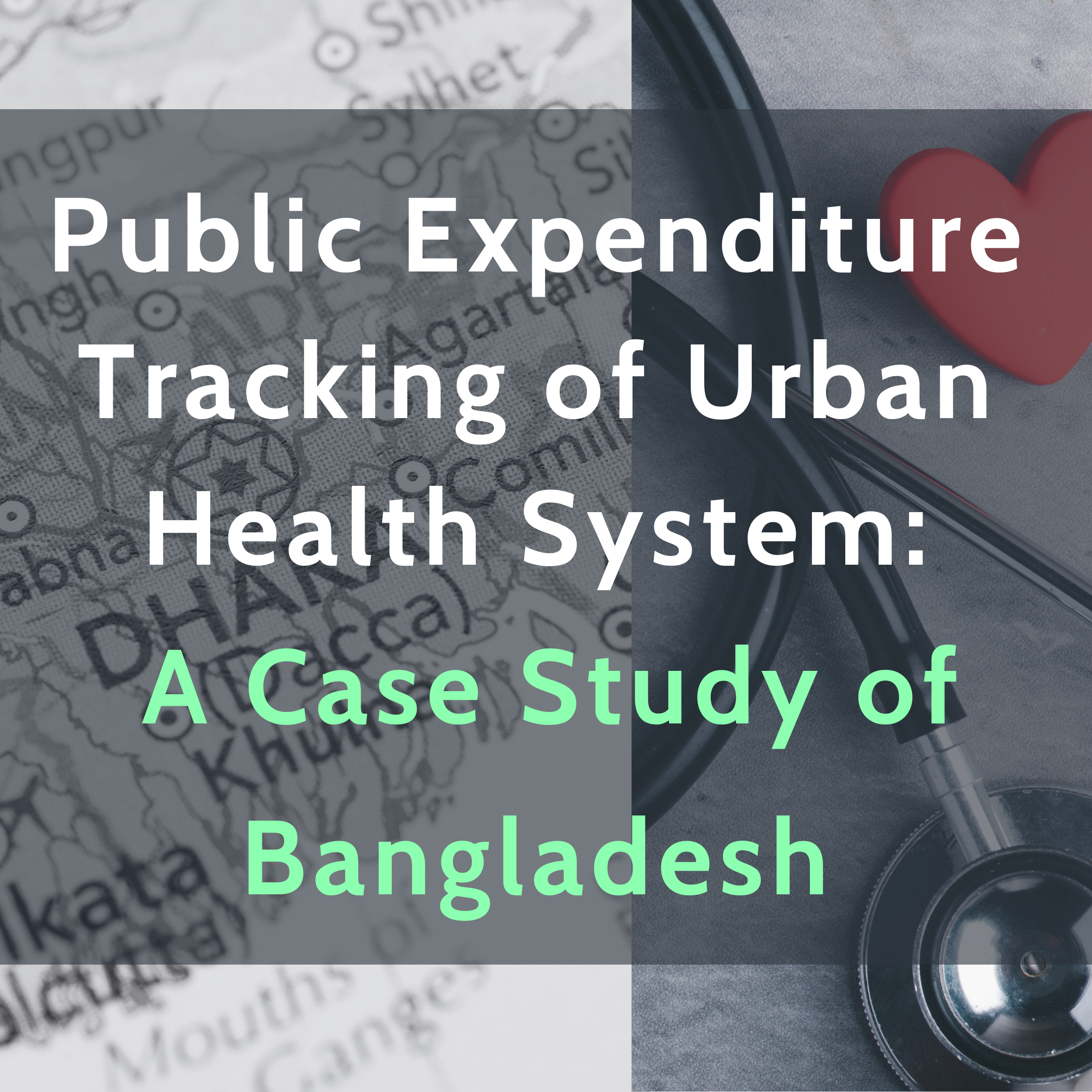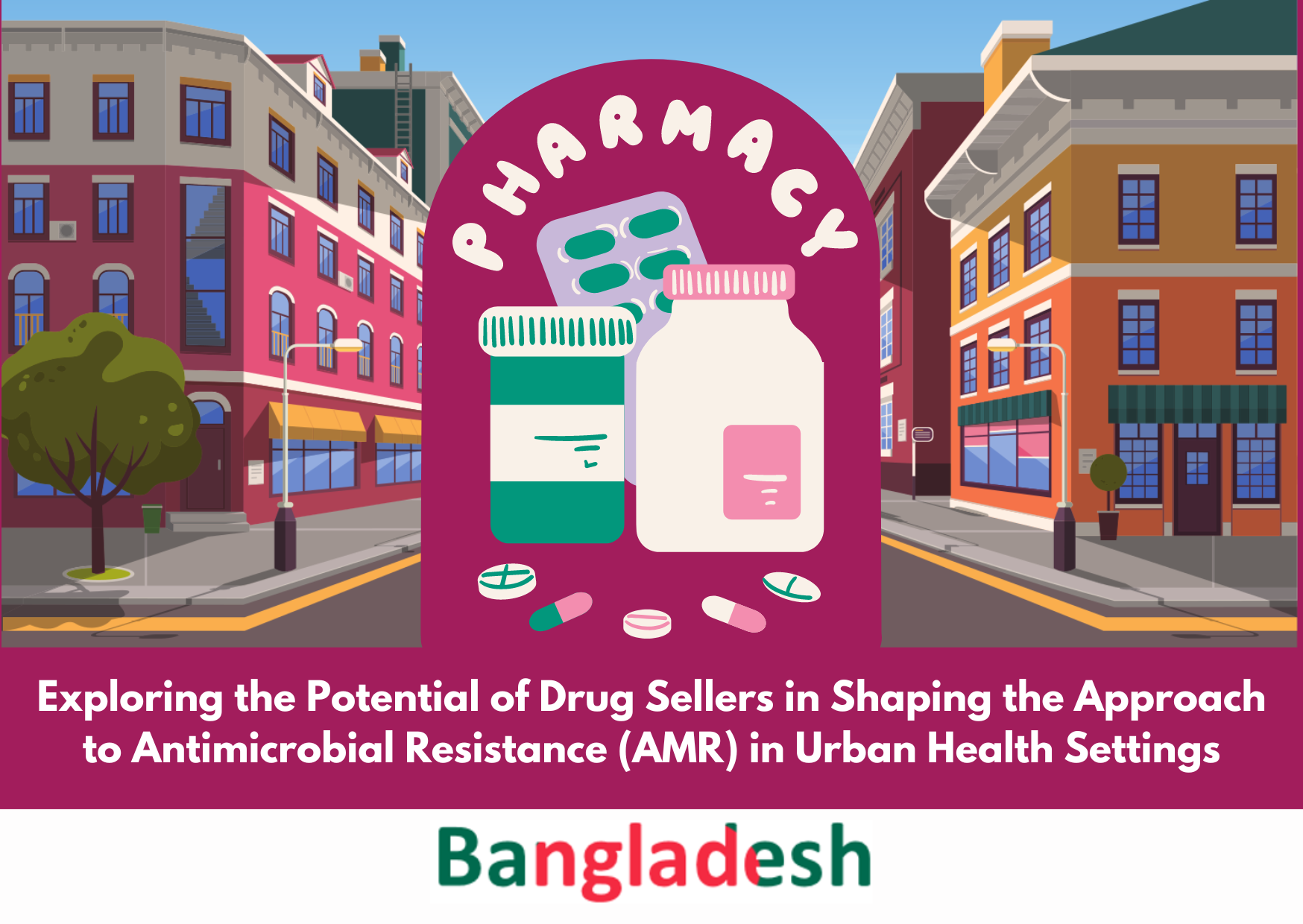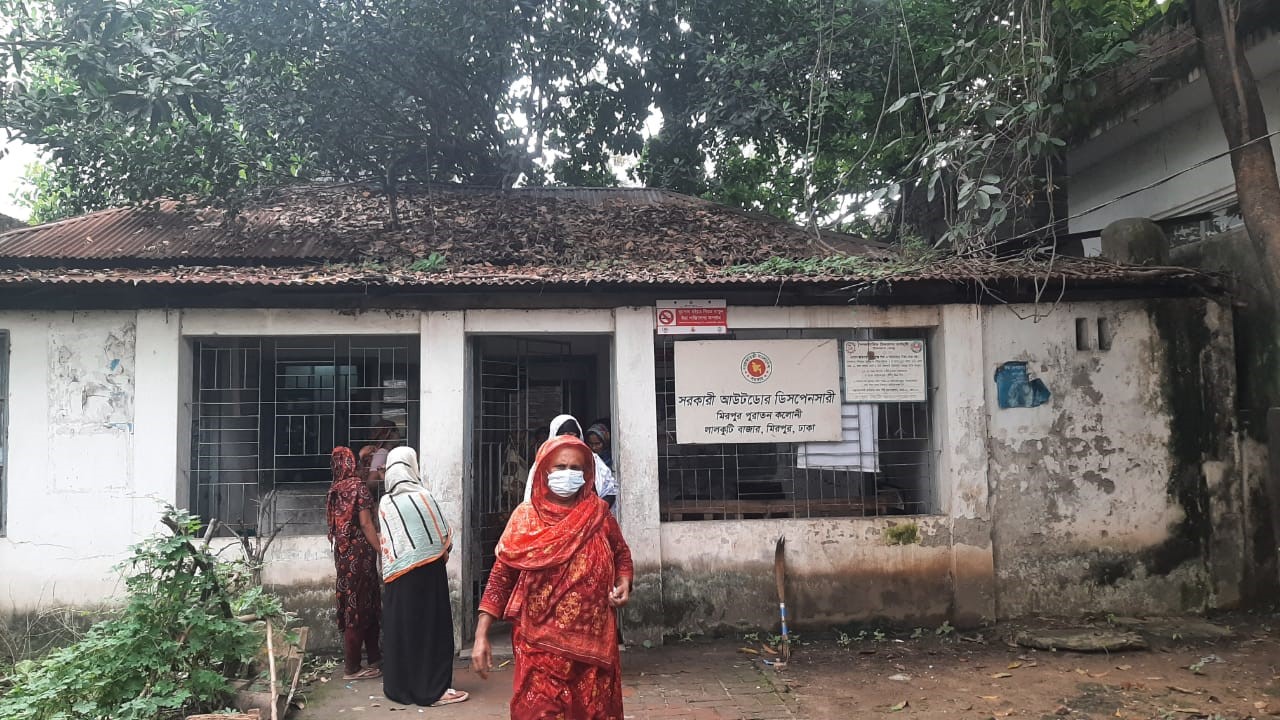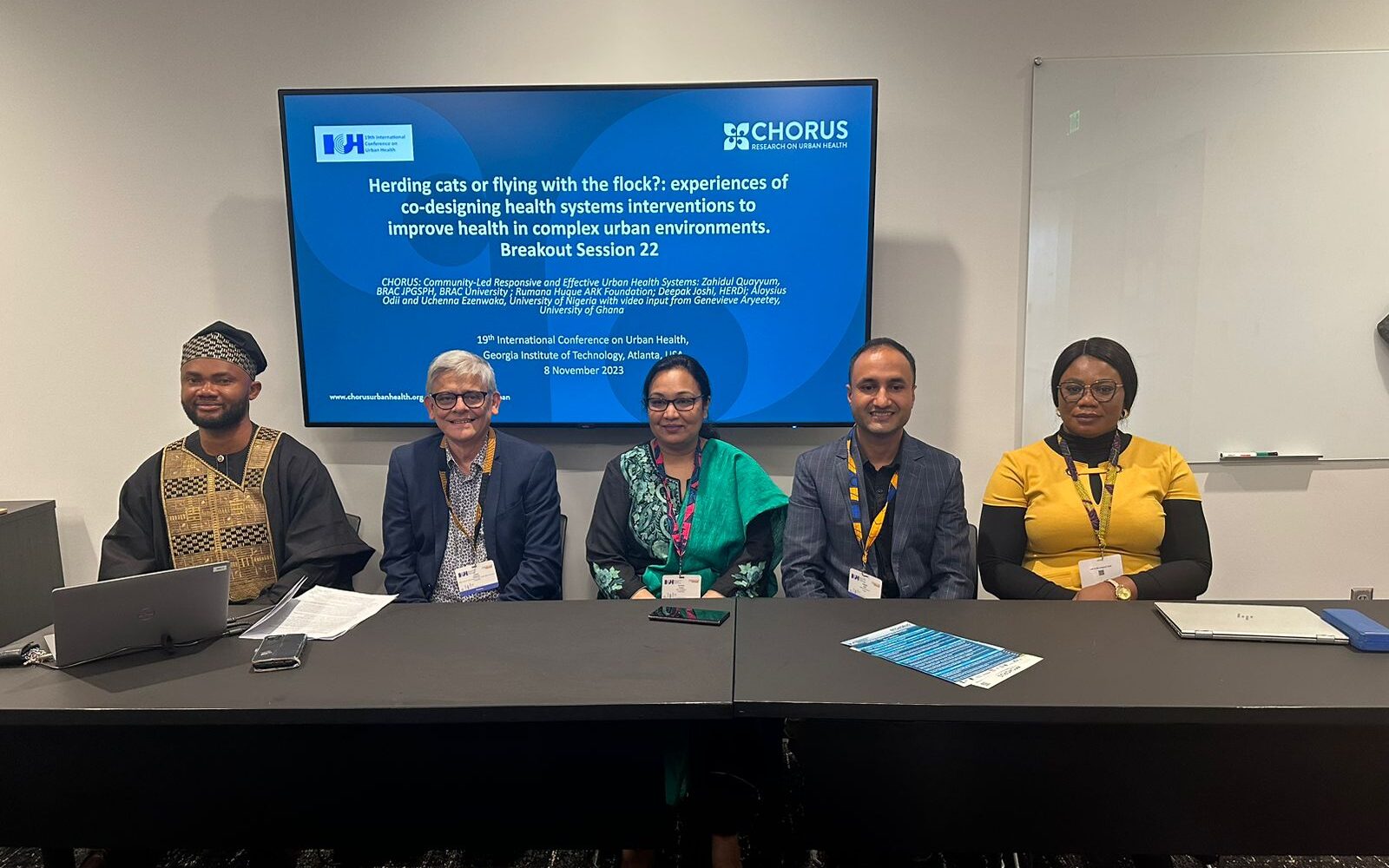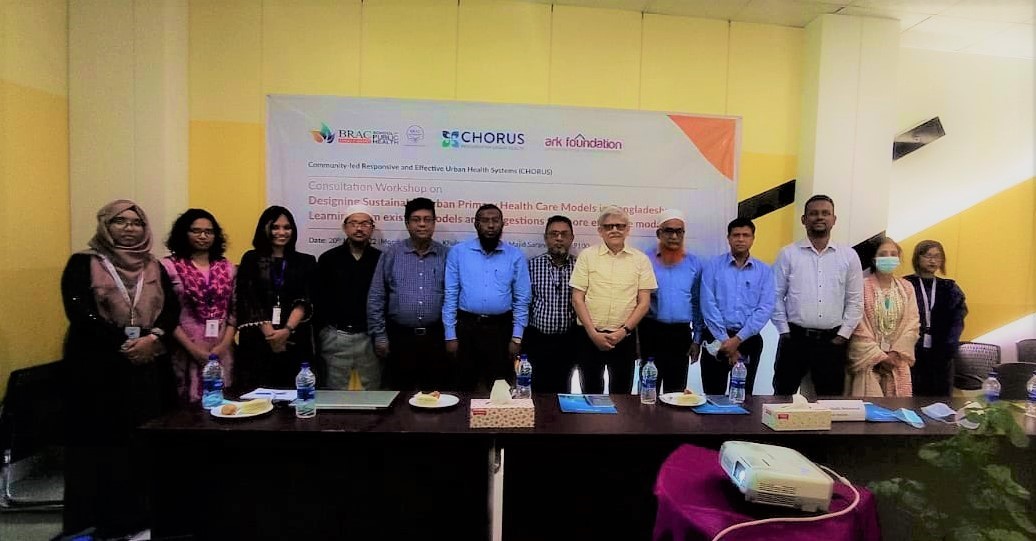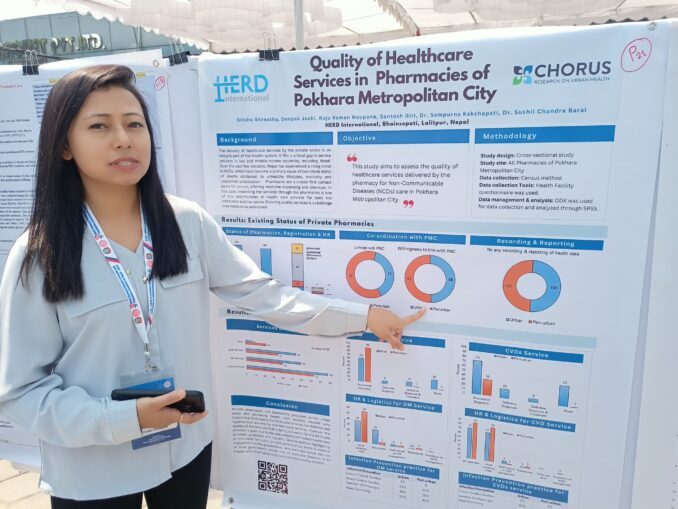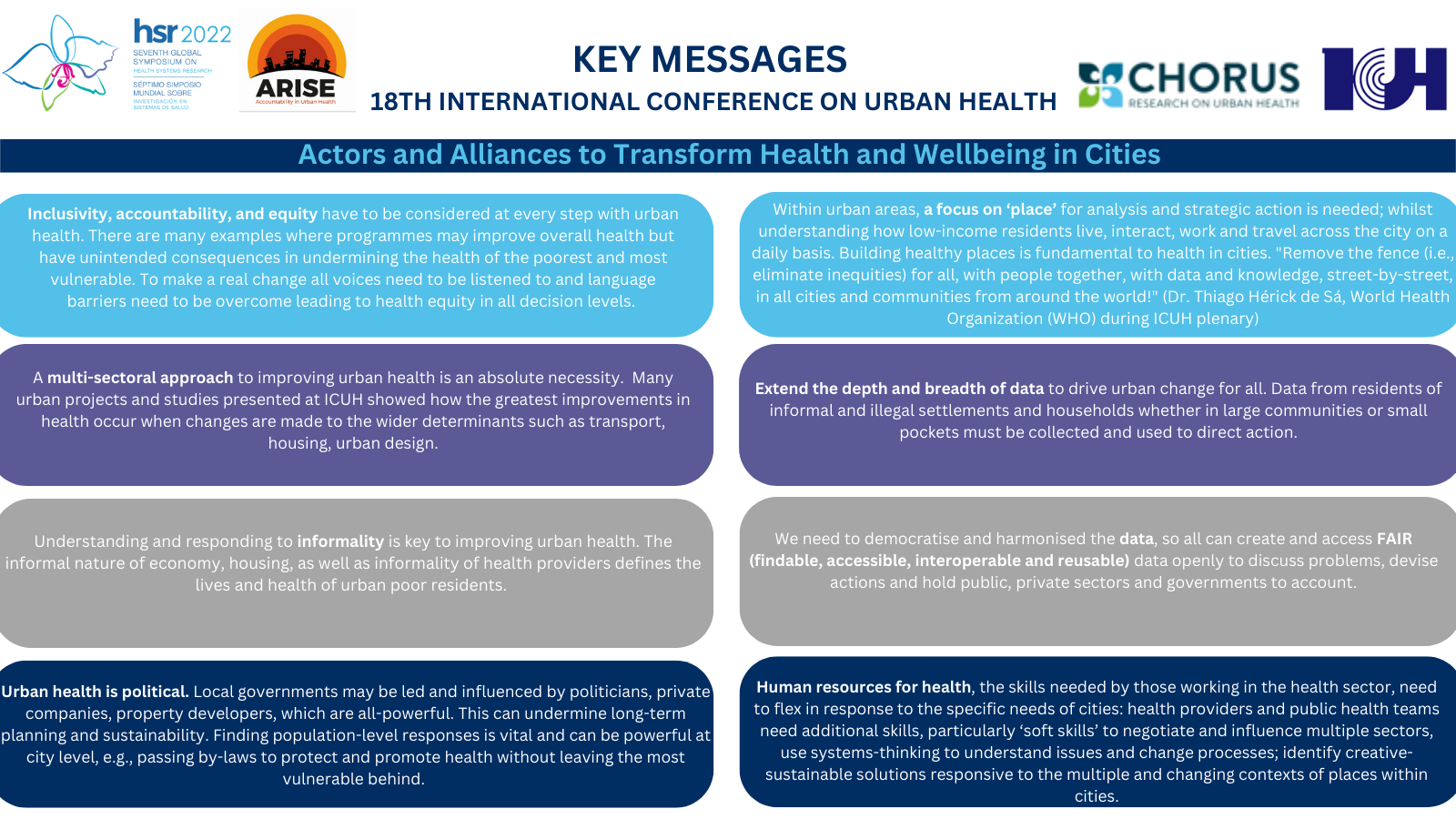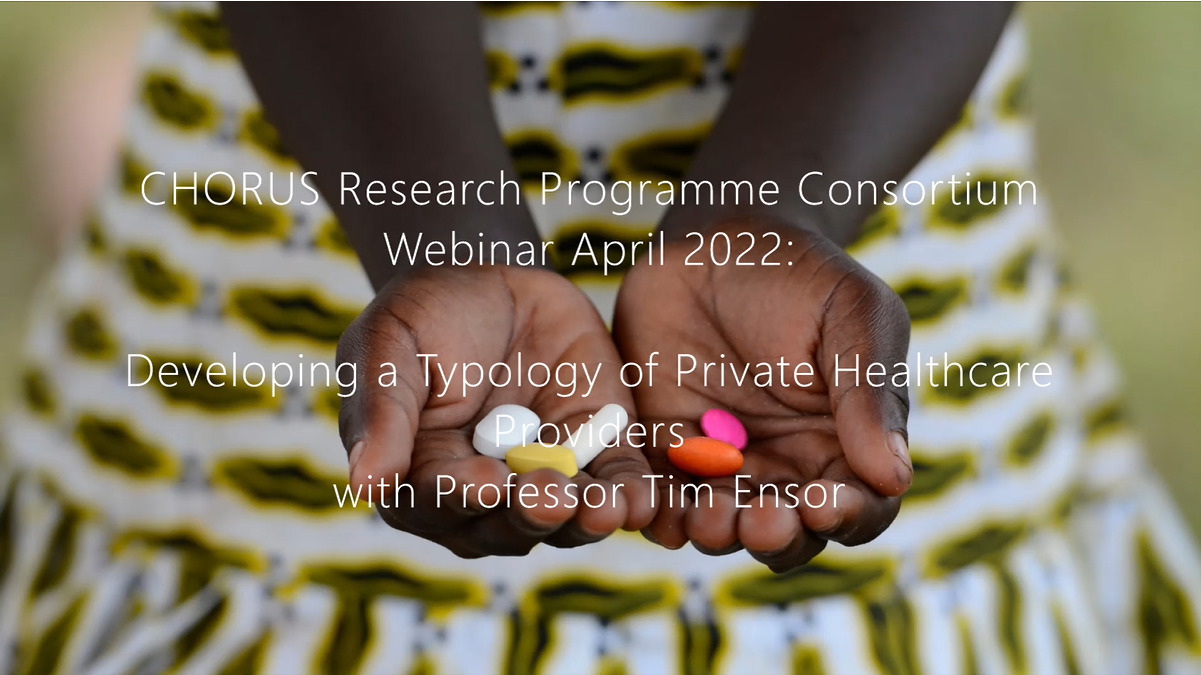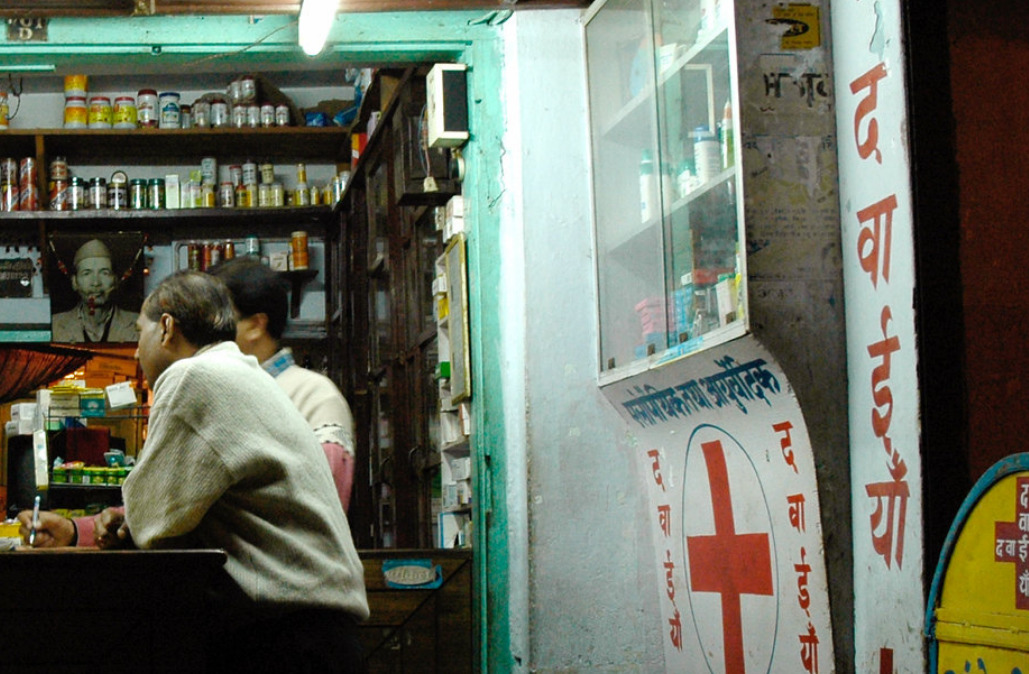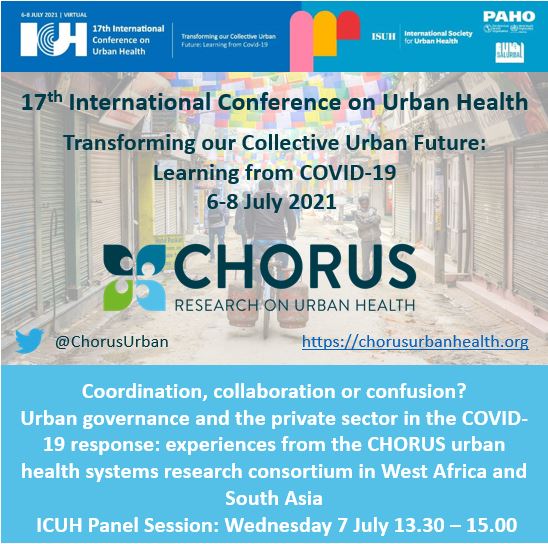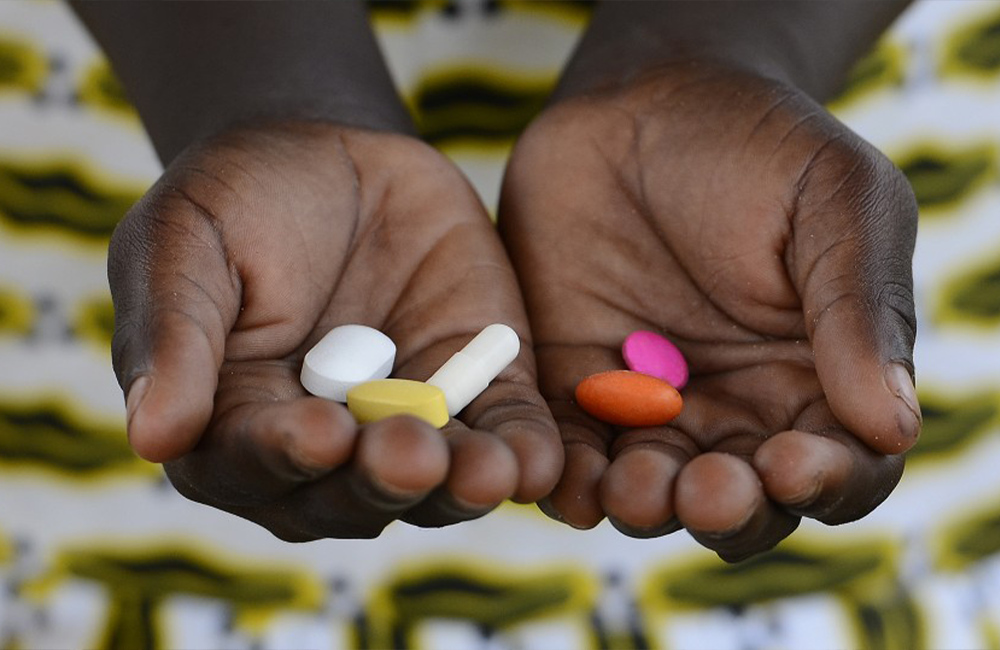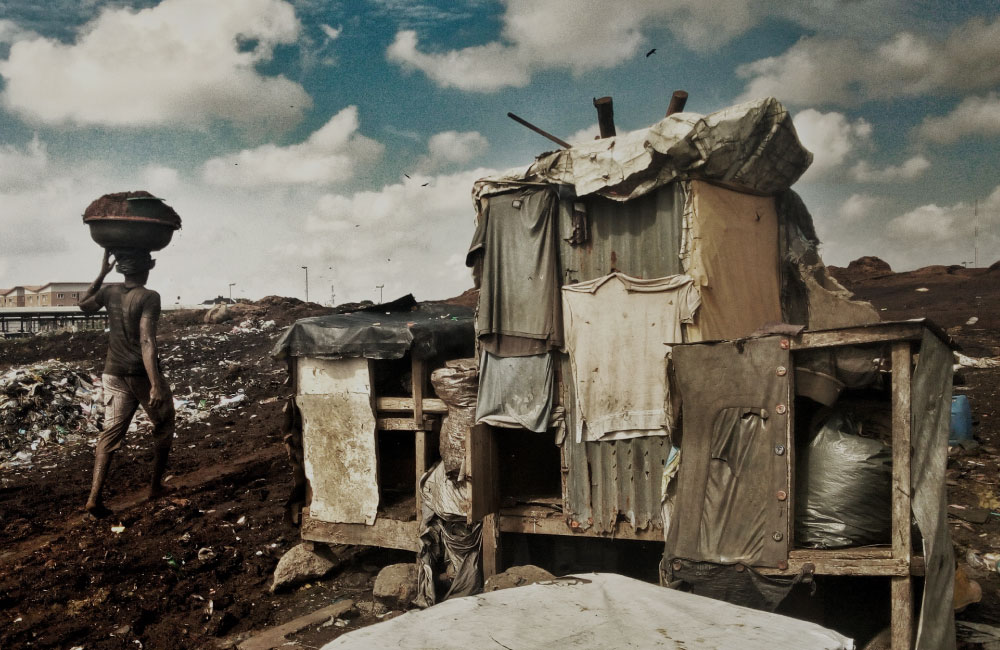
PILLAR ONE

PILLAR ONE
PILLAR ONE: LINKING PLUARLITY OF PROVIDERS
Evidence of successful strategies for Universal Health Coverage, ensuring quality, and linking public, private and NGO services, is vital but limited. For a resilient urban health system, linkages for referral, recording and reporting systems and timely data sharing, supportive supervision, regulation and governance are key.
Bangladesh has been cited as an exemplar of a pluralistic health system and they face challenges. 80% of health providers near slums are private, the majority of whom are pharmacists or traditional doctors. Only 37% have formal medical qualifications and they go largely unregulated. The NGO sector is expanding in urban areas: in Ghana where mission hospitals have traditionally focused on under-served rural populations, several new mission hospitals have now been opened in Greater Accra to serve poor communities in the urban periphery.
Nepal has recently moved towards a Minimum Service Standard (MSS) for government urban health centres and aims, in the long run, to extend this to NGO and private providers. But evidence of the most effective process and costs of implementing the MSS is lacking.The urban health system needs this plethora of providers to be able to respond quickly and appropriately to the changing needs of the urban population. With careful, evidence-informed planning and coordination, these pluralistic health systems can become resilient to health threats and down-stream effects of conflict or disasters on migration. Such responses require detailed understanding of power relations between different levels of care e.g. tertiary care/ primary care, and types of provider e.g. private, NGOs, informal providers, and local governments. Policy, political and economic analysis underpins any effective response.

